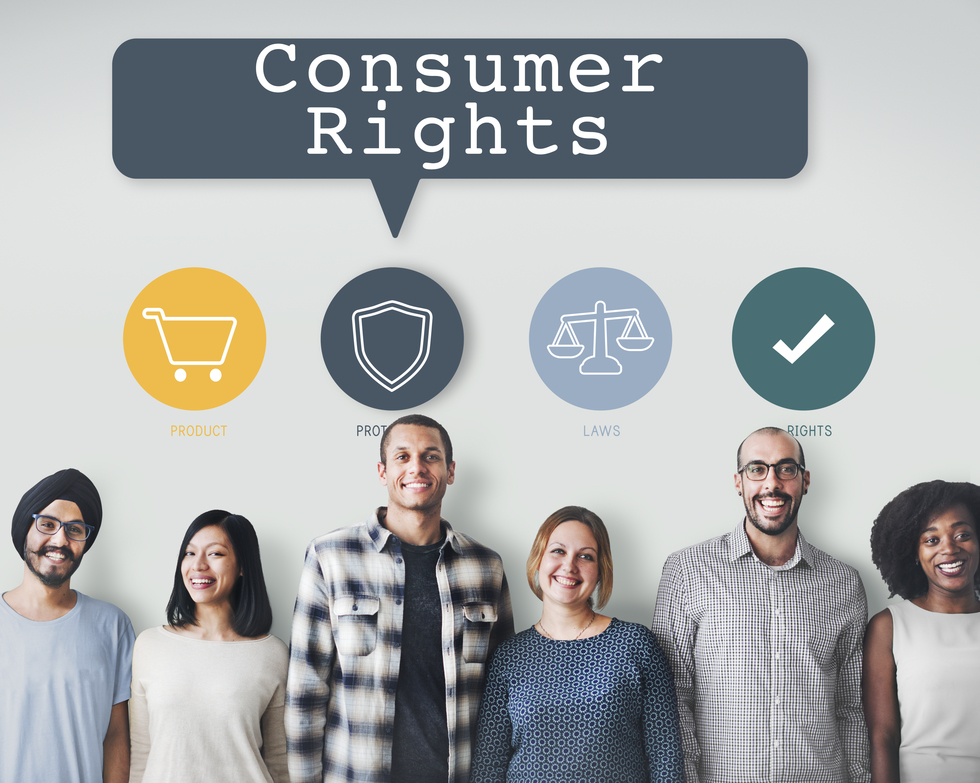Consumers Legal Remedy Act (CLRA): Solicitations, Social Services & Veterans Affairs

The CLRA casts a wide net to rein in deceptive sales and marketing practices: misrepresentations and downright fraudulent schemes to delude vulnerable and even cautious consumers. Certain CLRA provisions include exceptions to assure prohibitions don’t restrict otherwise permissible activities or conflict with existing federal and state laws. For business managers, these exceptions can be very confusing. Which solicitation, promotions, or referrals are prohibited? Which ones fall within one of the exceptions? And what about new forms of communication, such as text messaging and robo-calls, unimaginable when the CLRA was originally drafted?
Deceptive Practices Defined Under CLRA
-
“Unsolicited prerecorded” telephone messages to someone’s home are restricted but, in general, okay if there’s an established business relationship or the call is about a response to an ad. If your business involves calls to senior citizens, things can get complicated as other state and federal regulations come into play.
-
It’s considered unfair for home improvement contractors to negotiate a loan secured by the borrower’s home and used to finance the job. This, too, can get complicated.
-
It’s okay to charge applicants for helping them procure California social services. But make sure your fee is reasonable — considering several factors specified by the CLRA.
-
The CLRA has some very clear language about the do’s and don’ts of communications with veterans — for example, a specific statement to be delivered orally and in writing at any event regarding veteran’s entitlements. For event planners or product promotions, it’s important to consider U.S. and California laws and government agencies that protect veterans.
-
Advertising, offering for sale, or selling a financial product that is illegal under state or federal law, including any cash payment for the assignment to a third party of the consumer’s right to receive future pension or veteran’s benefits.
-
Representing that a product is made in California by using a Made in California label created pursuant to Section 12098.10 of the Government Code, unless the product complies with Section 12098.10 of the Government Code.
Notice, Demand Letters, and Remedies
People who believe they have legitimate claims under the CLRA can initiate a lawsuit by filing a complaint and affidavit stating the facts. However, the CLRA says, “Not so fast. First things first.” The CLRA requires notification to the alleged wrongdoer and provides a 30-day window of opportunity for the parties to settle the claim before rushing into court.
Consult a Business Professional
Your business deserves the best legal guidance. Mohsen Parsa can help you understand CLRA requirements and overcome the many legal challenges in today’s competitive and sometimes litigious environment. To make an appointment with Mohsen Parsa, call (949) 394-6930 or contact us online.

